Understanding the intricacies of B2B marketing is crucial for success. B2B marketing, or business-to-business marketing, refers to the strategies and practices employed by companies to promote their products or services to other businesses. Unlike B2C (business-to-consumer) marketing, B2B marketing focuses on building relationships and providing solutions that cater to the specific needs of businesses. As a testament to its growing importance, the global B2B marketing automation market size is expected to grow from $5.5 billion in 2022 to $8.5 billion by 2027, at a CAGR of 9.2% during the forecast period.
In this blog, we will delve into the essentials of B2B marketing, exploring effective strategies and trends that will shape the industry in 2024. Whether you’re a seasoned marketer or new to the field, this guide will equip you with the knowledge and tools to create impactful B2B marketing campaigns. Let’s embark on this journey to master the art of B2B marketing in the upcoming year.
1. Understanding B2B Marketing
a) Definition and Overview
B2B (Business-to-Business) marketing involves the transaction of goods or services between businesses, rather than between a business and individual consumers. Unlike B2C (Business-to-Consumer) marketing, which targets individual buyers, B2B marketing focuses on meeting the needs of other businesses. This marketing strategy emphasises building long-term relationships and providing solutions that enhance the operational efficiency of the client business.
b) Importance of B2B Marketing
In the modern business environment, B2B marketing plays a crucial role in driving growth and innovation. It enables businesses to forge strategic partnerships, streamline supply chains, and tap into new markets. Engaging in B2B marketing offers numerous benefits, such as increased revenue, enhanced brand reputation, and access to advanced technological solutions. By leveraging effective B2B marketing strategies, businesses can achieve sustained competitive advantage and foster mutually beneficial collaborations.
2. Key Components of B2B Marketing
a) Target Audience
Identifying and understanding your target market is the cornerstone of B2B marketing. Unlike B2C, where the focus is on individual consumers, B2B marketing targets businesses. This requires a deep dive into the industry specifics, business needs, and pain points of potential clients. By developing detailed buyer personas, you can create targeted marketing strategies that resonate with different segments of your audience. Buyer personas help in personalising communication, ensuring that your message addresses the unique challenges and goals of each segment.
b) Value Proposition
Creating a compelling value proposition tailored for business clients is crucial in B2B marketing. Your value proposition should clearly articulate the benefits your product or service offers to other businesses. It should address specific business challenges and demonstrate how your solution can deliver superior value compared to competitors. This involves highlighting unique features, cost savings, efficiency improvements, or any other benefits that are significant to your target market. A strong value proposition can differentiate your brand and persuade potential clients to choose your solution over others.
c) Sales Cycle
Understanding the longer and more complex sales cycles in B2B marketing is essential for developing effective strategies. B2B transactions typically involve multiple decision-makers and a thorough evaluation process. This results in a lengthier sales cycle compared to B2C. To navigate this, it’s important to implement strategies that nurture leads through the sales funnel. This includes providing valuable content, maintaining regular follow-ups, and building relationships with key stakeholders. Effective lead nurturing can keep your prospects engaged and guide them smoothly from the awareness stage to the decision-making phase.
3. B2B Marketing Strategies for 2024

a) Content Marketing
In B2B marketing, content remains a cornerstone strategy for engaging decision-makers and nurturing leads. High-quality, relevant content is crucial as it establishes authority and trust among prospects. Content formats such as blogs, whitepapers, and case studies are effective in addressing pain points and showcasing expertise. Distributing content through channels like industry publications, social media platforms, and email newsletters maximises reach and impact.
b) Digital Marketing
SEO strategies tailored for B2B focus on long-tail keywords, industry-specific trends, and optimising for search intent. LinkedIn and professional networks play a key role in B2B digital marketing, offering targeted advertising and networking opportunities. Email marketing tactics like personalised messaging and drip campaigns enhance engagement and conversion rates, nurturing leads through the sales funnel.
c) Account-Based Marketing (ABM)
ABM aligns marketing efforts with specific target accounts, delivering personalised campaigns to key decision-makers. Implementing an ABM strategy involves identifying high-value accounts, creating tailored content and messages, and leveraging technology for precise targeting and measurement. Tools like CRM systems, marketing automation platforms, and predictive analytics support effective ABM execution. HT Media case study:
- HT Media x Oracle Case Study: HT Media partnered with Oracle to enhance B2B brand awareness through targeted content and digital campaigns. The objective was to position Oracle’s solutions as industry-leading and drive engagement among IT decision-makers.
- Mint x a Leading Technology Company: In collaboration with a leading technology company, Mint focused on showcasing innovative solutions through in-depth case studies and thought leadership content. This strategy aimed to establish credibility and attract B2B clients seeking cutting-edge technology solutions.
- Mint x an MNC IT Enterprise Company: HT Media collaborated with a multinational IT enterprise company to highlight successful implementations and industry-specific insights. The campaign emphasised the company’s expertise in addressing complex B2B challenges and driving business outcomes.
d) Data-Driven Marketing
Data has emerged as a pivotal asset for making informed decisions. Leveraging analytics and CRM systems enables businesses to understand customer behaviour, tailor messaging effectively, and optimise marketing campaigns for maximum impact. Marketing automation tools further streamline processes, enhancing efficiency and ensuring timely responses to market dynamics.
e) Event Partnerships and Networking
Business events and summits play a crucial role in fostering strategic partnerships and expanding networks within the B2B landscape. These forums provide unparalleled opportunities for industry players to collaborate, exchange ideas, and forge meaningful connections. Participation in key industry events and trade shows not only enhances brand visibility but also facilitates direct engagement with prospects and stakeholders. HT Media’s Business Summits and Industry Events
HT Media’s commitment to fostering innovation and collaboration is evident through events like the Mint Digital Innovation Summit & Awards. This flagship event convenes industry leaders to explore cutting-edge technologies and disruptive trends shaping the future of business.
Additionally, the Mint India 2047 event serves as a platform for thought leaders to envision India’s economic landscape over the next decades, highlighting opportunities for strategic partnerships and investments.
4.Emerging Trends in B2B Marketing
a) AI and Automation
In 2024, B2B marketing is increasingly leveraging artificial intelligence (AI) and automation to streamline processes and enhance efficiency. AI-powered tools are revolutionising lead generation and customer relationship management (CRM), offering predictive analytics to optimise marketing strategies. For instance, automated email campaigns and chatbots are now standard, providing personalised interactions at scale.
b) Personalization
Personalization remains a cornerstone of effective B2B marketing strategies. Companies are prioritising tailored content and messaging to engage decision-makers. Advanced segmentation and data analytics enable marketers to deliver relevant content based on customer behaviour and preferences. Techniques such as account-based marketing (ABM) are gaining traction, focusing resources on high-value accounts for customised experiences.
c) Sustainability and Ethics
With growing societal awareness, B2B marketers are integrating sustainability and ethical considerations into their strategies. Businesses are expected to demonstrate eco-friendly practices and ethical sourcing. Incorporating sustainability can enhance brand reputation and appeal to environmentally-conscious stakeholders. Strategies include promoting green initiatives, ethical sourcing disclosures, and partnerships with sustainable suppliers.
5. Measuring and Optimising B2B Marketing Efforts
Measuring and optimising your efforts is crucial for success. Understanding the key metrics and KPIs, along with utilising the right tools, can significantly enhance your marketing performance.
a) Key Metrics
Key metrics in B2B marketing include lead generation, customer acquisition cost (CAC), and customer lifetime value (CLV). These metrics provide insight into the efficiency of your marketing strategies and help identify areas for improvement. By closely monitoring these metrics, businesses can make informed decisions to drive growth and profitability.
Important KPIs to Track in B2B Marketing
Tracking the right KPIs is essential for assessing the success of your B2B marketing efforts. Some important KPIs include:
- Conversion Rate: The percentage of leads that convert into customers.
- Marketing Qualified Leads (MQLs): Leads that have shown interest and are more likely to become customers.
- Sales Qualified Leads (SQLs): Leads that have been vetted by the sales team and are ready for a sales pitch.
- Return on Investment (ROI): Measures the profitability of your marketing campaigns.
- Customer Retention Rate: Indicates the percentage of customers who continue to do business with you over time.
Tools for Measuring Marketing Performance
Utilising the right tools can make measuring and optimising B2B marketing efforts more efficient. Some popular tools include:
- Google Analytics: Provides insights into website traffic and user behaviour.
- HubSpot: An all-in-one marketing platform that tracks and analyses marketing campaigns.
- Salesforce: A comprehensive CRM tool that helps manage customer relationships and track sales performance.
- Marketo: A marketing automation platform that measures and optimises marketing activities.
- Hootsuite: Helps manage and analyse social media marketing efforts.
By leveraging these tools, businesses can gain valuable insights into their marketing performance, allowing for data-driven decisions that optimise B2B marketing strategies.
FAQs for What is B2B Marketing? Strategy Guide for 2024
1. What is B2B marketing?
B2B (Business-to-Business) marketing involves promoting products or services from one business to another. Unlike B2C (Business-to-Consumer) marketing, which targets individual consumers, B2B marketing focuses on building relationships and providing solutions that cater to the needs of other businesses.
2. Why is B2B marketing important?
B2B marketing is crucial because it drives growth and innovation in the business world. It helps businesses forge strategic partnerships, streamline supply chains, and access new markets, ultimately leading to increased revenue, enhanced brand reputation, and access to advanced technological solutions.
3. How do I identify my target audience in B2B marketing?
Identifying your target audience in B2B marketing involves understanding the industry specifics, business needs, and pain points of potential clients. Developing detailed buyer personas helps in creating targeted marketing strategies that resonate with different segments of your audience, ensuring your message addresses their unique challenges and goals.
4. What is a value proposition in B2B marketing?
A value proposition in B2B marketing is a clear statement that explains how your product or service benefits other businesses. It should address specific business challenges and demonstrate how your solution provides superior value compared to competitors, highlighting unique features, cost savings, efficiency improvements, or other significant benefits.
5. How does the B2B sales cycle differ from B2C?
The B2B sales cycle is typically longer and more complex than the B2C sales cycle. B2B transactions often involve multiple decision-makers and a thorough evaluation process. Effective strategies for navigating this include lead nurturing, providing valuable content, regular follow-ups, and building relationships with key stakeholders.
Ready to take your brand to the next level? Connect with us today to explore how HT Media can amplify your presence across our diverse portfolio of 25+ brands and properties. Let's turn your brand vision into reality!

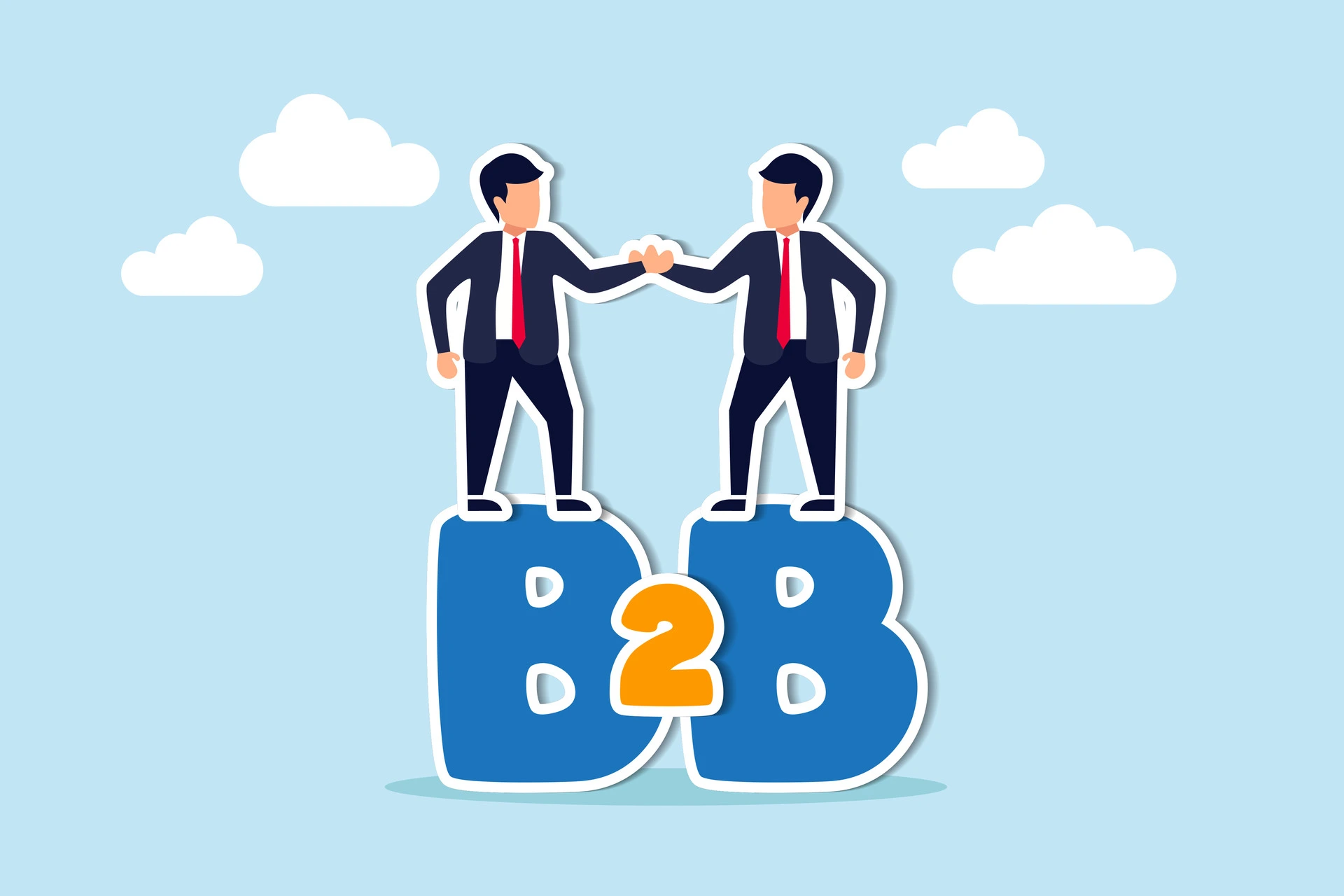

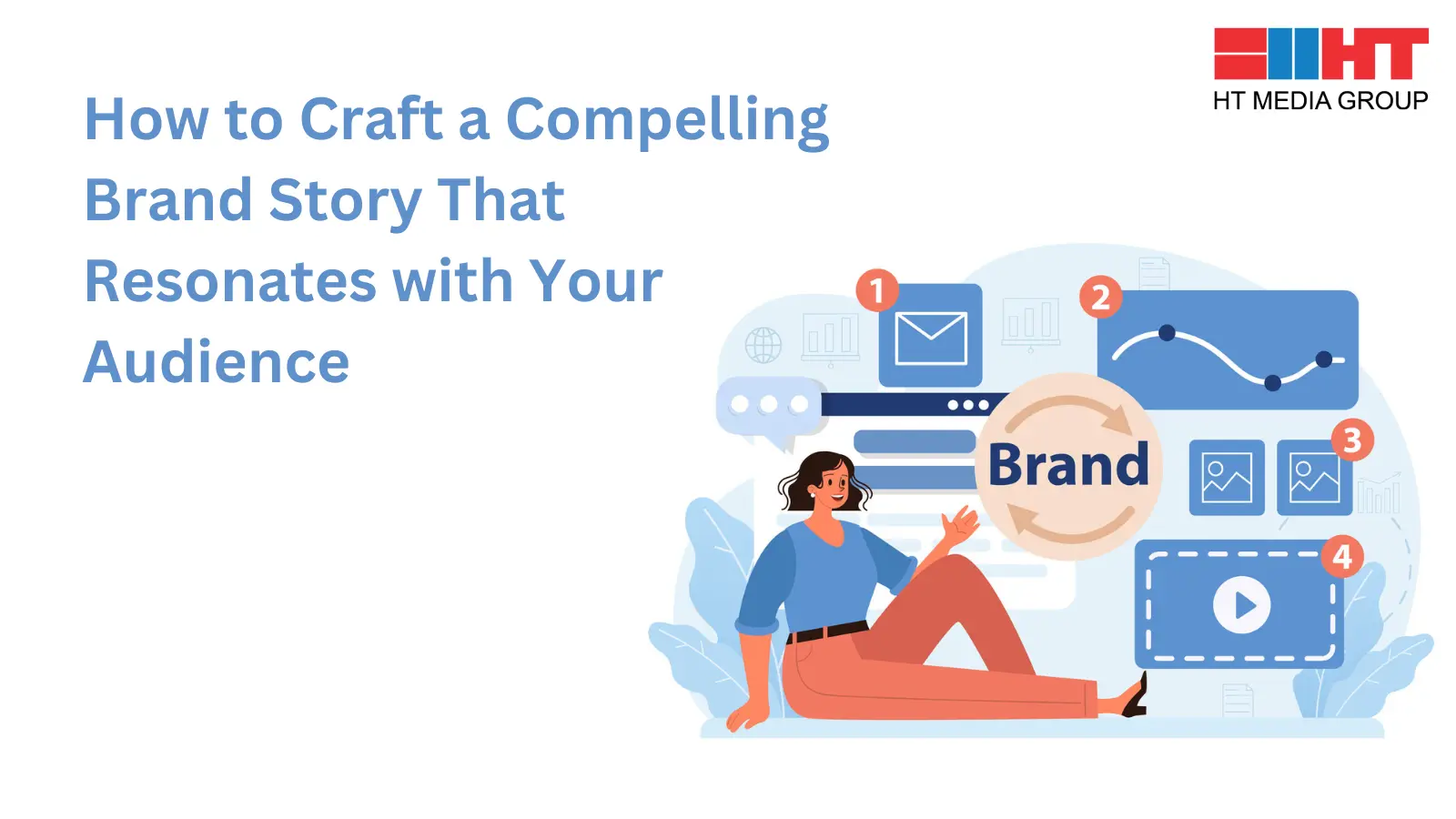



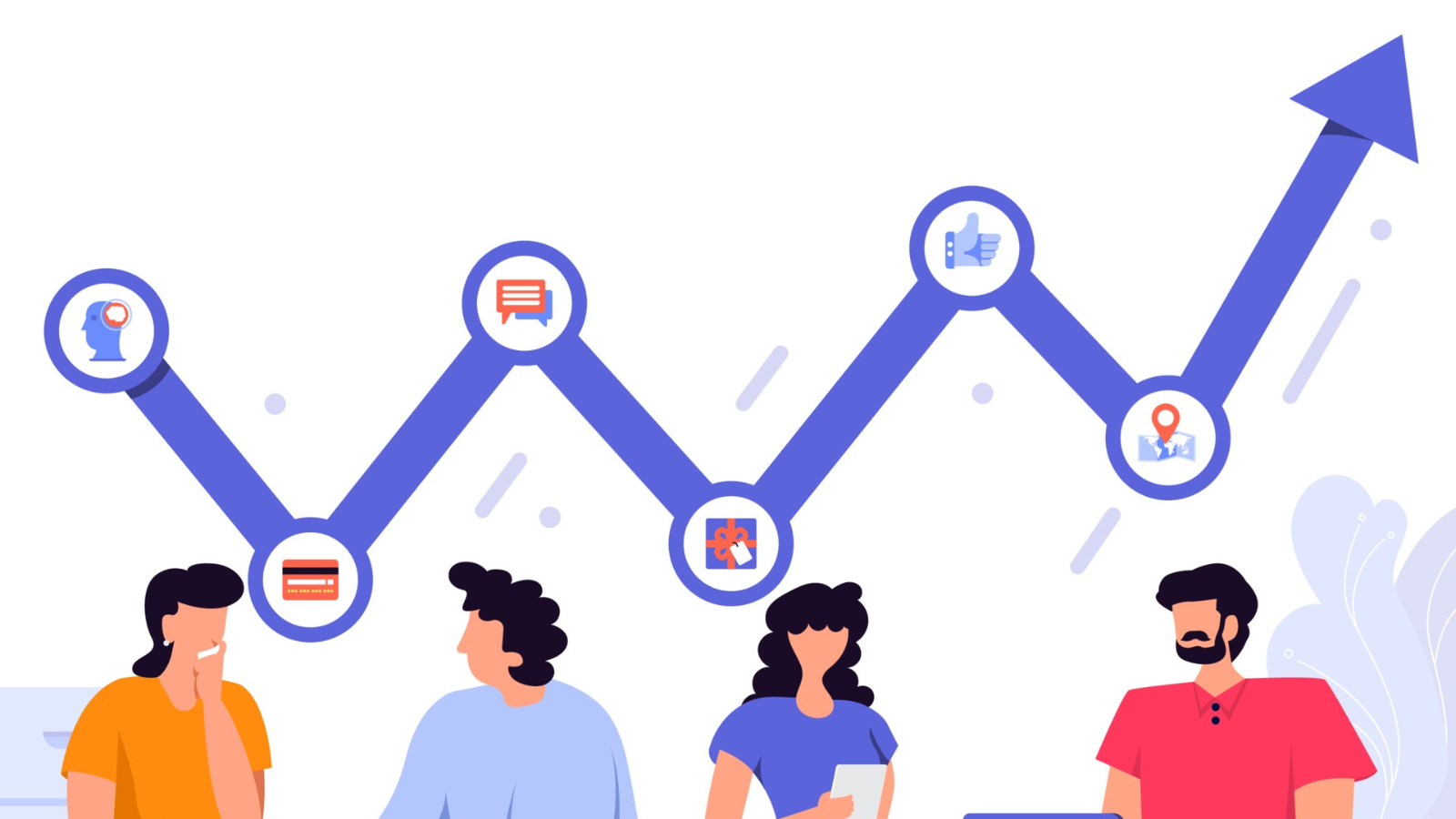




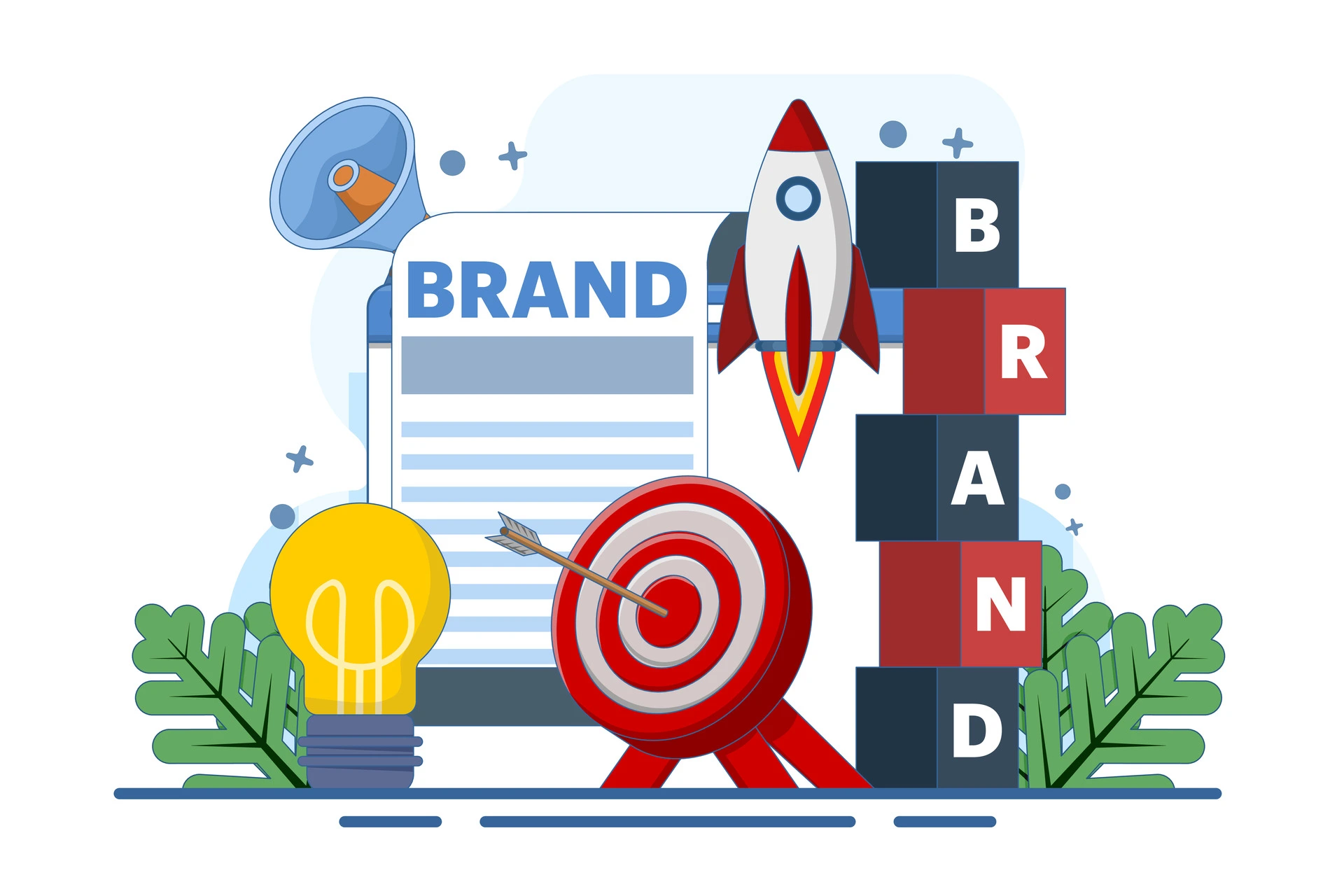
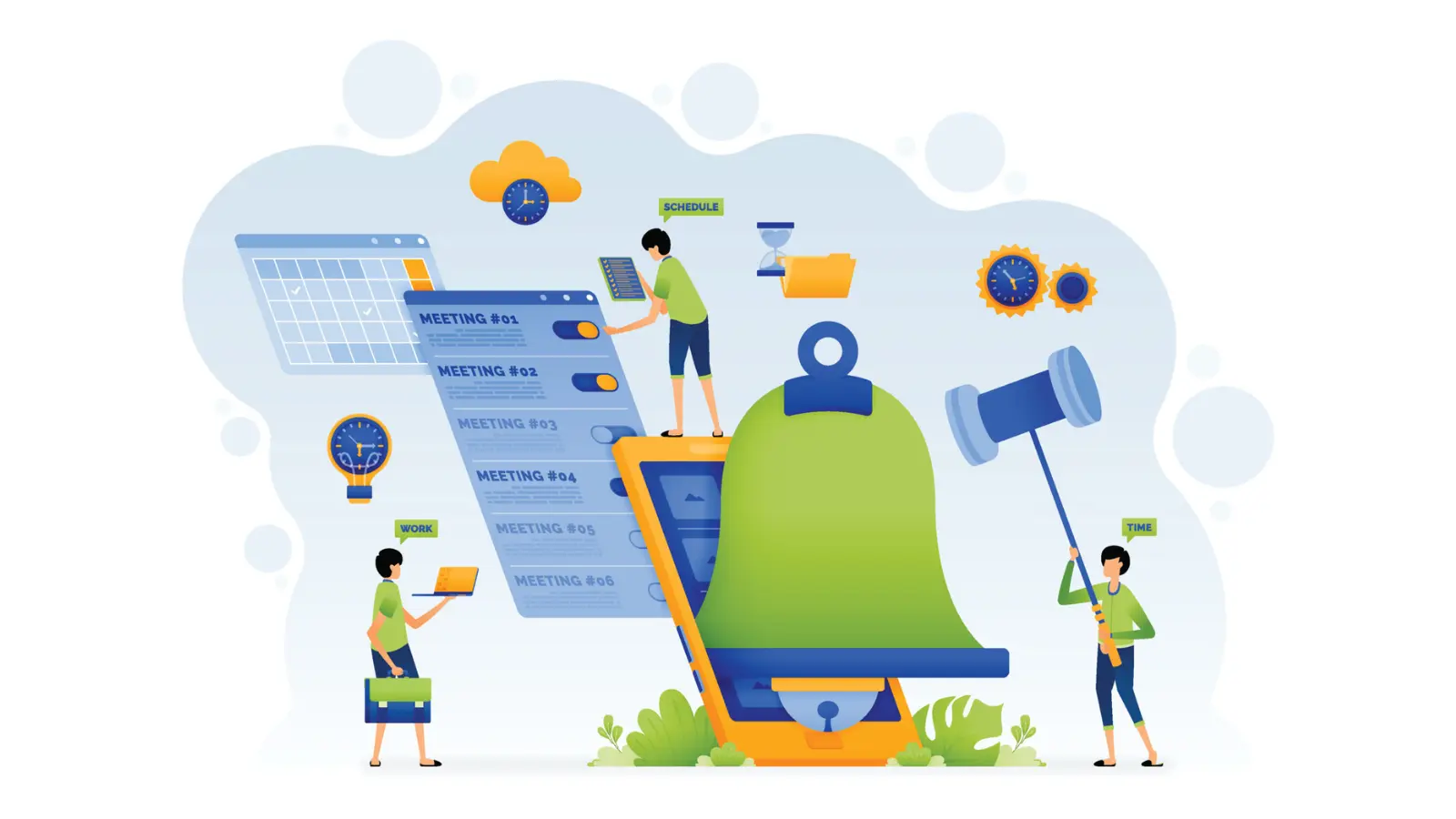
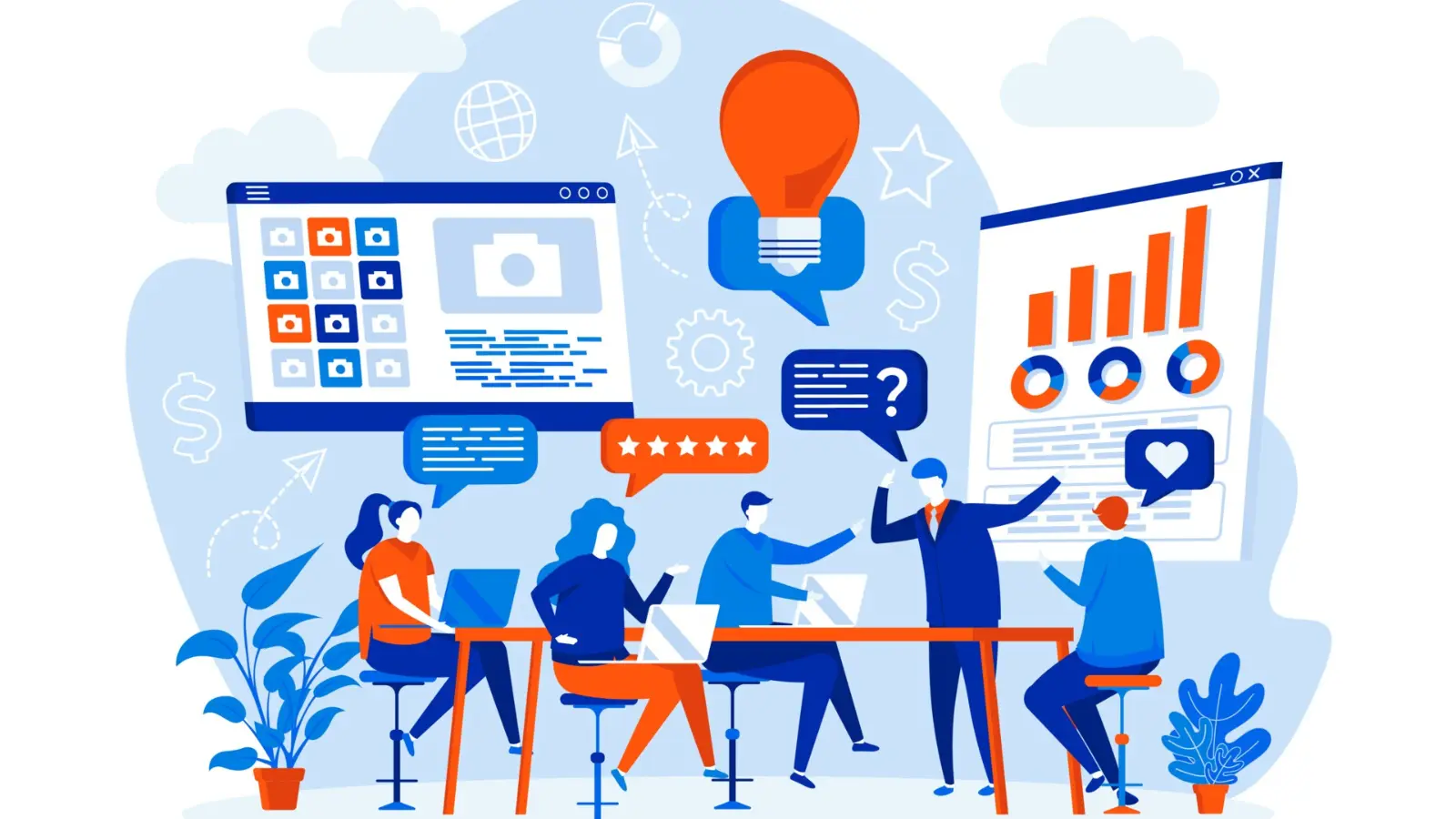

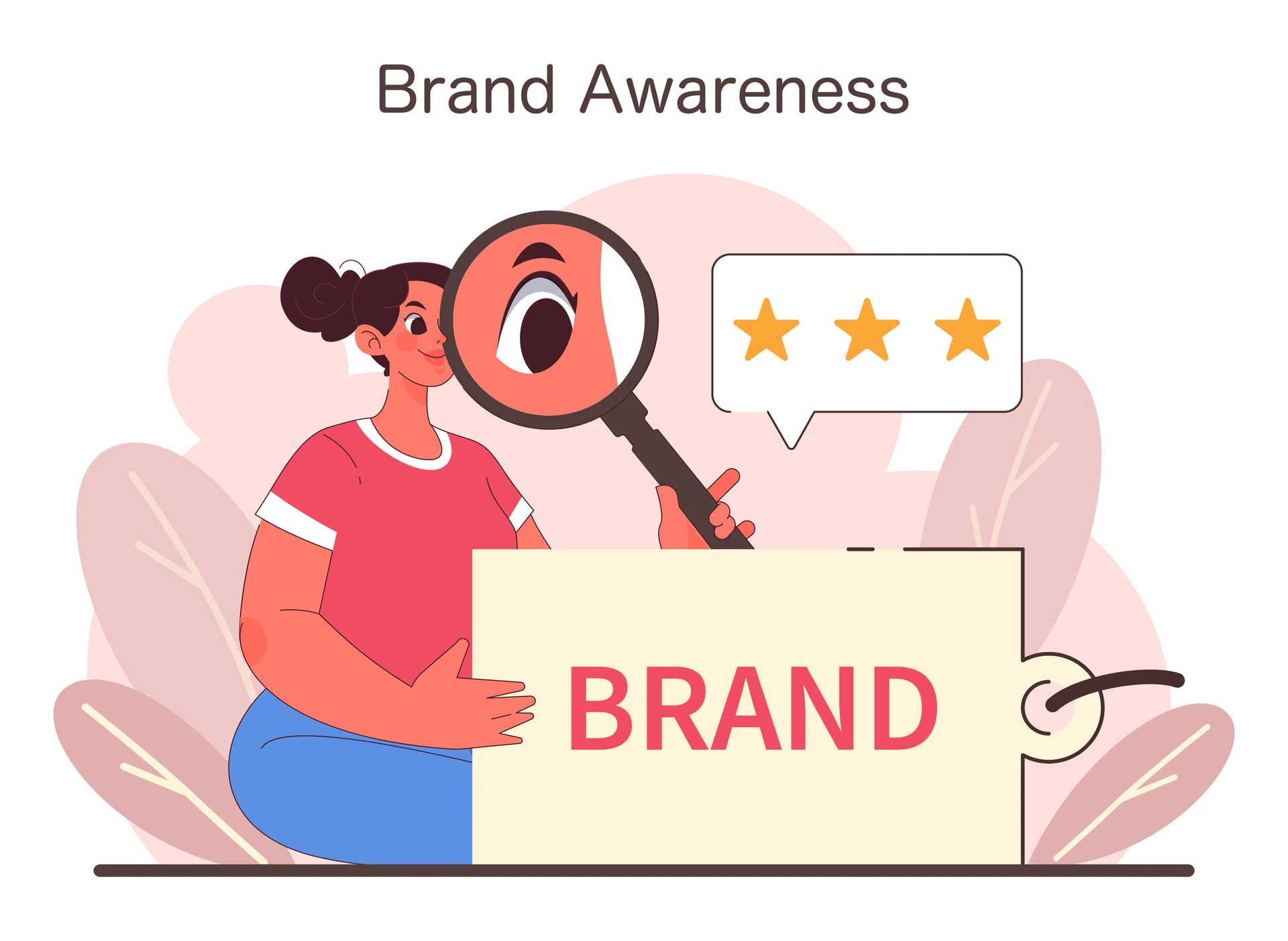

Comment